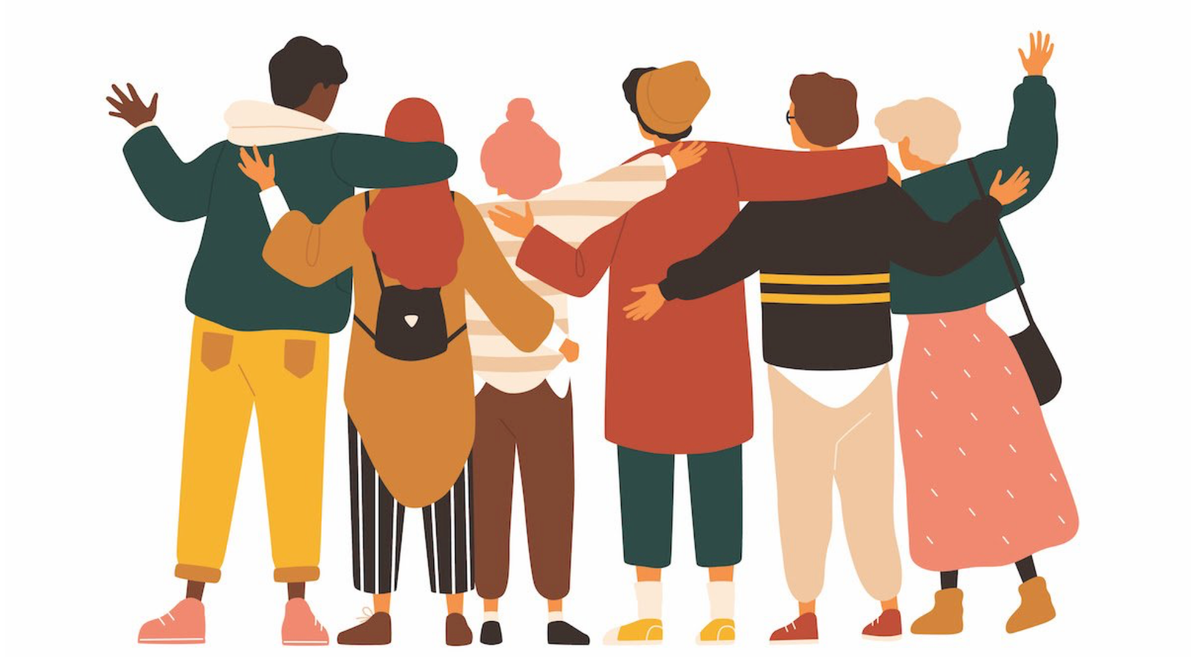Show some love for your loose friends

No, not that type of loose friend, we're talking about those people we know and spend time with that we wouldn't immediately call friends. These 'weak-tie' friendships play a surprisingly large role in helping our moods and mental health, say researchers.
A 2016 study showed that regardless of nationality or age, people who were members of groups such as sports teams or church communities enjoyed an increased sense of meaning and security. And the more groups of which they were members, the better.
While lockdown has all but stopped opportunities to socialise with people on the fringes of our social circle, “Sometimes it’s harder to talk to people we know well because those conversations come with an emotional burden,” says Gillian Sandstrom, a senior lecturer in psychology at the University of Essex. “Weak-tie conversations are lighter and less demanding.”
The friends with no names 😶
It's the chat you have with the guy who buy coffee from, or the colleague you often spot on the train on the commute to work. These distant ties can help bring a bit of light relief to the more emotionally dense conversations we have with closer friends and family. It might also help you get a job.
Mark Granovetter, a professor at Stanford found in a study that 84% of people found new jobs through weak-ties, where as only a fraction found new employment via close friends.
So if you're feeling the strain of all those 'family chats' show some love for your loose friends.





